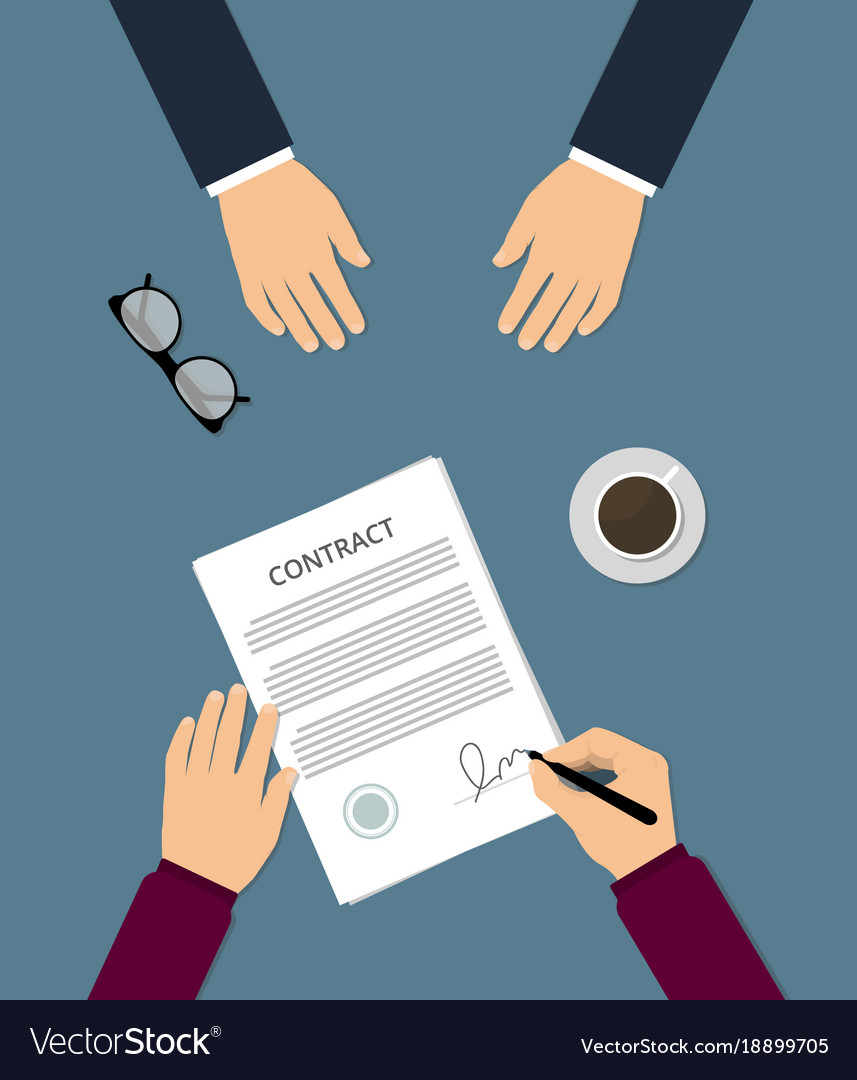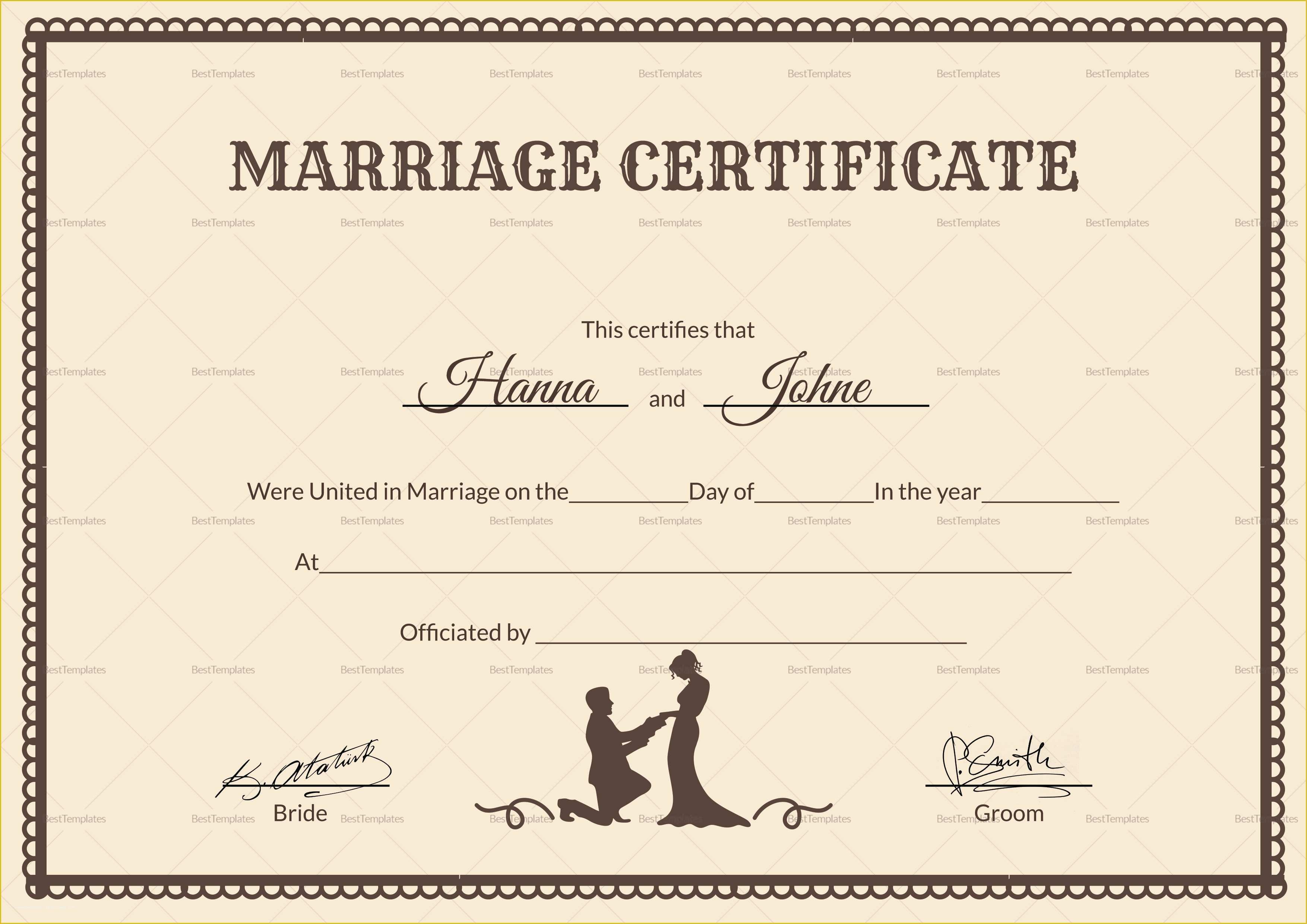Essential Paperwork for Getting Married: Your Ultimate Guide

Introduction to Wedding Paperwork

Planning a wedding involves a lot of detail and organization, not the least of which is the paperwork required to make your union legal. Understanding wedding paperwork is crucial to ensure everything runs smoothly on your special day. This guide will walk you through all the essential documents and steps you need to know to get married without a hitch.
Pre-Marriage Preparation

Before you can walk down the aisle, there are several steps you need to take:
- Pre-Marital Health Check: Some states or countries require couples to undergo health checks for conditions like genetic disorders or sexually transmitted infections.
- Parental Consent: If one or both partners are under the legal marriage age, consent from parents or guardians might be necessary.
Marriage License

The marriage license is the cornerstone of legal marriage:
- Applying for the License: Visit your local county clerk’s office or town hall. You might be able to apply online or by mail in some places.
- Requirements: Bring identification documents, know the application fee, understand the waiting period (if any), and the validity period of the license.
- Process:
- Fill out the application form.
- Present the required documents.
- Pay the fee.
- Receive your license after the waiting period.
⚠️ Note: Always check the local marriage license requirements as they can vary significantly from one jurisdiction to another.
Proof of Identity

To obtain your marriage license, you’ll need:
- Birth Certificates: These serve as proof of age.
- Valid Photo ID: Driver’s license or passport.
🔍 Note: If you’ve changed your name, you might need additional documents to verify your identity.
Divorce or Death Certificates

If either party was previously married:
- Divorce Decree: If the marriage ended in divorce, you’ll need this document to show you’re free to marry again.
- Death Certificate: In the case of a spouse’s death, this certificate is required to prove the end of the previous marriage.
Witness and Officiant Details

You’ll need:
- Witness: Usually, two witnesses are required to sign the marriage license.
- Officiant: Their information must be on the license, so have their name, title, and signature ready.
Cultural and Religious Considerations

If you’re having a religious ceremony:
- Pre-Cana Courses: For a Catholic wedding.
- Ketubah: For Jewish weddings.
📖 Note: The legal recognition of religious ceremonies varies, so ensure your marriage is legally binding.
Post-Wedding Paperwork

After your wedding:
- License Return: The officiant usually returns the license to the issuing authority.
- Name Change: If you plan to change your name, you’ll need a certified copy of your marriage certificate for various governmental records updates.
- Obtaining Marriage Certificate: After returning your signed marriage license, you can request a certified marriage certificate from your local registrar.
Legal Implications

Keep in mind:
- Common Law Marriages: They exist in some jurisdictions where a marriage can be established without formal registration.
- Prenuptial Agreements: While not mandatory, they outline asset division if the marriage ends in divorce.
💡 Note: While paperwork might seem mundane compared to planning the decor or choosing the perfect wedding gown, it's the legal backbone of your union.
This guide has covered the essential paperwork for getting married, ensuring your ceremony is legally recognized, and outlining what to expect before, during, and after your wedding day. By staying on top of these details, you can better focus on celebrating your love, surrounded by friends and family. Remember, each detail, even the most technical, is part of the journey to forming a lifelong partnership.
What happens if we lose our marriage license?

+
Contact the issuing office as soon as possible. They can often issue a duplicate license or guide you on how to proceed with the ceremony.
Can we marry without a marriage license?

+
No, a marriage license is required in most jurisdictions for your union to be legally recognized.
What if one of us is not a citizen of the country we plan to marry in?

+
Non-citizens might need additional documentation like proof of legal residency or immigration status. Check with local authorities for specifics.